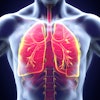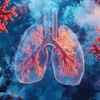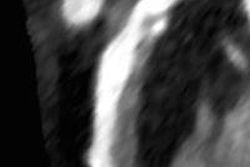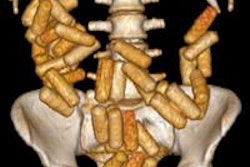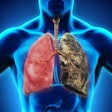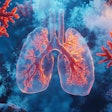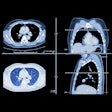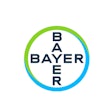Dear CT Insider,
Since the advent of lung cancer screening with CT, many patients with early-stage disease can look forward to excellent outcomes after workup and surgery.
But a new analysis of data from the National Lung Screening Trial (NLST) found that many patients are referred for brain scans as part of their workup, despite evidence that brain metastases are extremely rare. Get the rest of the story in this issue's Insider Exclusive before it is made available to our other users.
Another new NLST analysis found that computer-aided detection (CAD) can identify cancers retrospectively that radiologists missed in the first round. The prospect of identifying cancers a year earlier with a little help from the CAD algorithm seems promising.
In coronary CT angiography (CCTA), much has been made of CT's ability to occasionally identify vulnerable plaques that cause myocardial infarction. But how reliable is CT's detection of so-called culprit lesions -- the ones that cause heart attacks in the first place? Learn more here.
Still, new research is making the benefits of CCTA clearer than ever. For example, patients with chest pain who get CCTA as part of their workup for suspected coronary artery disease have fewer adverse events, more treatment, and fewer negative invasive angiographies, according to a new study of more than 4,000 patients.
In an increasingly sophisticated game of cat and mouse, CT is being enlisted to stop body packers from smuggling drugs across borders. But ethics are a big part of the decision to scan or not to scan, according to a new report from Turkey.
In Brazil, doctors are using CT to pinpoint the devastation of brain tissue in infants infected by the Zika virus. A report from the Brazilian Ministry of Health examined 23 infants born of infected mothers. You'll find the report, and the images, here.
Smokers at high risk of lung cancer can go ahead and skip a second annual scan if the first one is negative, according to a study that examined 19,000 participants from the National Lung Screening Trial.
Also from the world of lung cancer screening, radiologists in Vancouver found that CAD can equip technologists to refer appropriate cases of suspicious lung nodules to radiologists for review. Controversial or not, using technologists as a first reader will improve the consistency and quality of scan interpretation, they said.
Finally, we invite you to scroll through the links below for the rest of the news from radiology's leading modality, right here in your CT Community.

